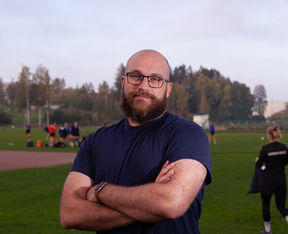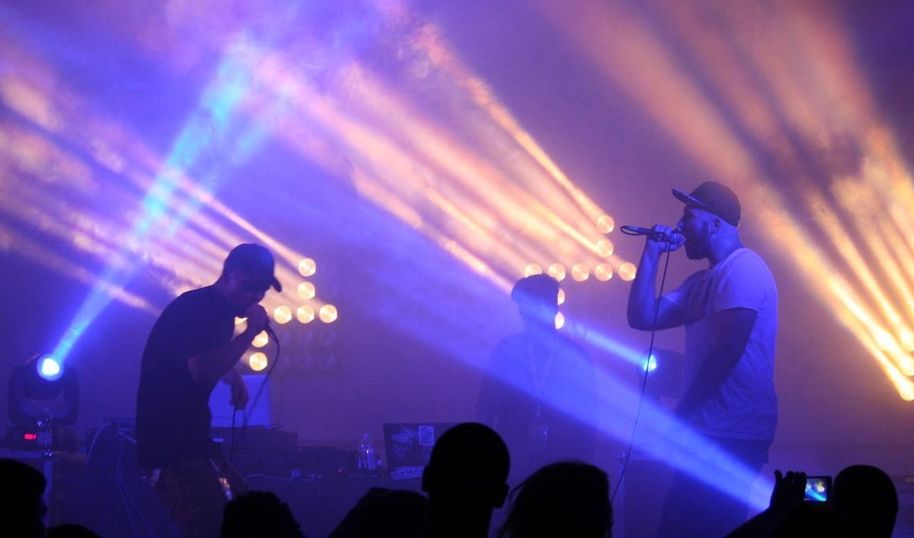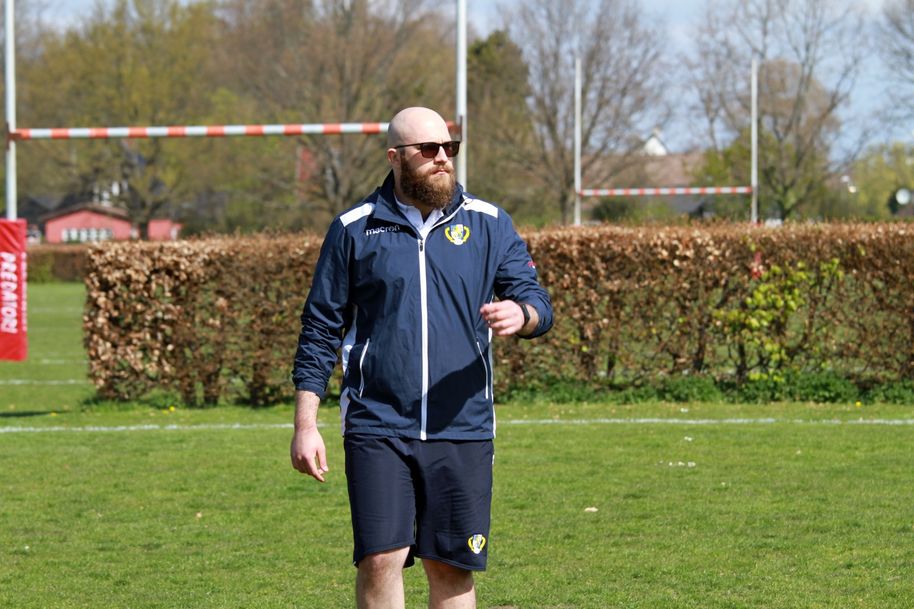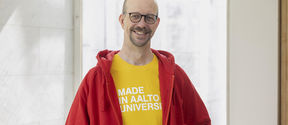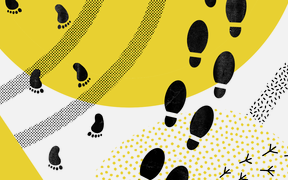What is your research about?
The title of my PhD research is transient processing for audio applications. I deal mostly with transient sounds, that are e.g., knocks, claps, and plosives. They are basically a burst of energy that is narrow timewise, and they must be treated with particular care.
The main application of my research is time-scale modification, a process of speeding up and slowing down a sound without altering it. For instance, on YouTube you can speed up a video and still hear the sound quite clearly. There are lots of applications, such as audio books, language learning, and DJing, where you match the tempo of two songs. Transient sounds are a big problem in this task because, when you slow them, they tend to lose their clarity and sound blurred, so I have been working on ways to address that, with pretty good success I would say.
Can you share a story about learning from failure?
Between the second and third year of my doctoral studies, I was stuck working on one paper. It took almost a year to finalise the research, write the paper and send it to a big journal. After six months waiting for the review, the paper got rejected. I felt they misunderstood the article, and my first reaction was despair. Up to that moment, I had always excelled: good grades, accepted papers... That left me thinking: ‘what do I do now?’.
My supervisor Vesa Välimäki simply said: ‘yeah, we are just going to improve the article and send it to another journal’. We paused the research for a few weeks and then started working on it again. We submitted it to another journal, and it went through. When I went back to read the original paper, I noticed that it looked so much worse than what we just submitted.
Rejection happened for a reason that I didn’t realise in the beginning. But it led to a better scientific contribution and forced me to face a big failure. Of course, I lost a lot of time. But now I’m less fearful of failing. I know how to put things into perspective. It was a good lesson to learn that failing is part of the process of succeeding.
After the failure, I am also very happy to talk about my research. In the beginning I was afraid, because I believed that my research was not good enough to be discussed with my peers. Now I know that maybe it’s not world-changing, but it’s good research!







